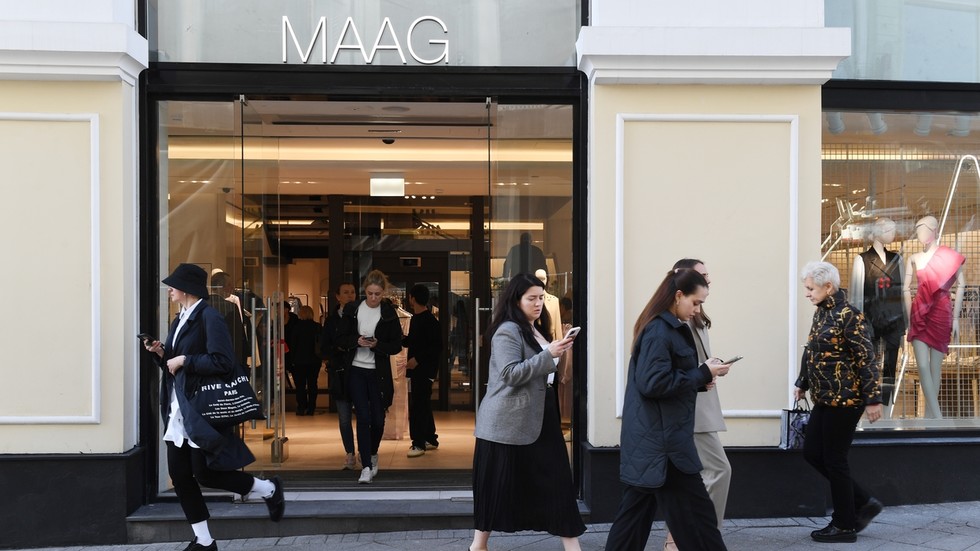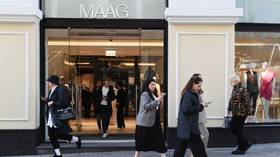
The Lebanese MAAG brand has faced poor sales three months after opening

© Sputnik/Sergey Pyatakov
The Lebanese clothing brand MAAG, which replaced Zara after it ceased operations in Russia, is planning to close several stores in the country due to low revenue, according to some media reports.
Dubai-based Fashion And More Management DMCC, the owner of clothing stores MAAG, Dub, Vilet and Ecru, opened stores in Russia in the former locations of Zara, Pull & Bear, Stradivarius, and Bershka in May.
However, as some media reports suggested, MAAG is considering closing some of its Russian outlets in August and even leaving the market, citing poor results after three months of operations in the country.
“If Zara earned 2-3 million rubles a day and up to 4 million on weekends, MAAG made only around 300-400 thousand rubles a day,” the Telegram channel MASH reported on Wednesday.
Meanwhile, Pavel Lyulin, vice president of the Russian Union of Shopping Centers, told the news outlet Izvestia that it is too early to talk about MAAG stores shutting down.
“We can confirm that they are not doing very well with sales, as the assortment is very different from what Zara offered. Nevertheless, it is still too early to talk about closing three months after the opening, in our opinion,” he said.
READ MORE: Russian clothing brands filling gaps left by Western rivals – Reuters
Over 1,000 Western firms quit the Russian market under pressure from sanctions after the start of Moscow’s military operation in Ukraine, according to analysts from Yale University. As a result, Russia was forced to shift to non-Western partners.
New brands from Türkiye, China, India, and other ‘friendly’ nations have boosted their presence in Russia.
The Spanish clothing conglomerate Inditex closed its stores – including Zara, Bershka, and Massimo Dutti – last year, before deciding to leave the Russian market altogether. The conglomerate later sold some of its more than 500 Russian stores to a UAE-based buyer.
For more stories on economy & finance visit RT’s business section




